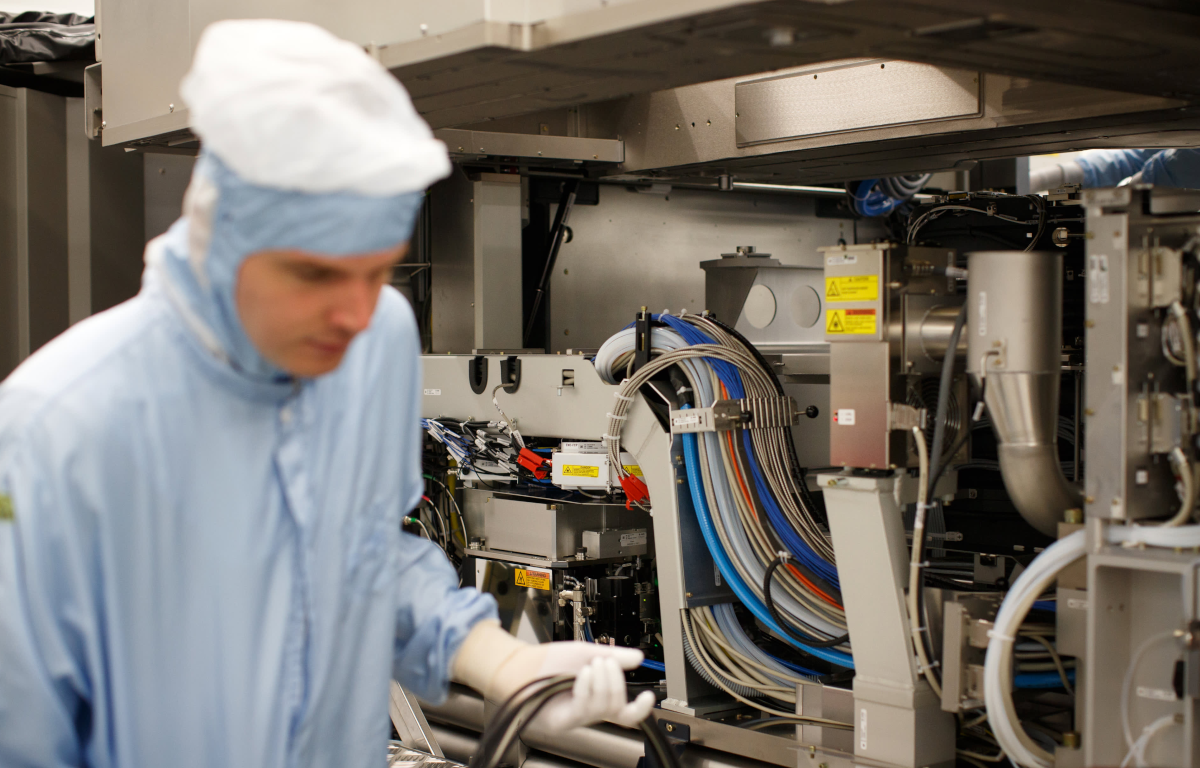
This monumental initiative marks a significant leap in space exploration and surveillance capabilities, raising both fascination and concerns about the implications of such a vast network beyond Earth.
The SkyNet project aims to establish an extensive network of surveillance cameras on the moon, covering its entire surface with unprecedented detail. This network, consisting of 600 million cameras, will provide real-time monitoring and imaging capabilities, allowing for comprehensive surveillance and analysis of lunar activities.
The implementation of the SkyNet project showcases China’s technological prowess in space exploration and surveillance systems. The development and deployment of such a massive network of cameras represent a significant leap forward in remote sensing and monitoring capabilities.
The primary objectives of the SkyNet project are twofold. On one hand, it serves scientific purposes by facilitating detailed observation and study of lunar phenomena, geological features, and celestial events. This data will contribute to our understanding of the moon’s composition, evolution, and potential resources.
On the other hand, the project has strategic implications, enabling China to enhance its space surveillance capabilities and monitor activities on and around the moon. This includes tracking lunar missions from other countries, monitoring space debris, and potentially serving as a platform for future lunar exploration and resource utilization.
The announcement of the SkyNet project has garnered global attention and elicited varied reactions. Some view it as a remarkable feat of engineering and a testament to human ingenuity in space exploration. Others, however, express concerns about the implications of such extensive surveillance capabilities, including privacy issues, militarization of space, and the potential for international tensions.
The development of advanced space surveillance technologies raises important ethical and legal questions. How will the data collected by the SkyNet project be utilized, and what safeguards will be in place to protect privacy and prevent misuse? Additionally, discussions about space governance, transparency, and international collaboration in space exploration and surveillance are becoming increasingly crucial.
Looking ahead, the SkyNet project represents a significant milestone in China’s space ambitions and underscores the rapid advancements in space technology. As space exploration and utilization continue to evolve, balancing scientific progress with ethical considerations and international cooperation will be key challenges.










Share this: